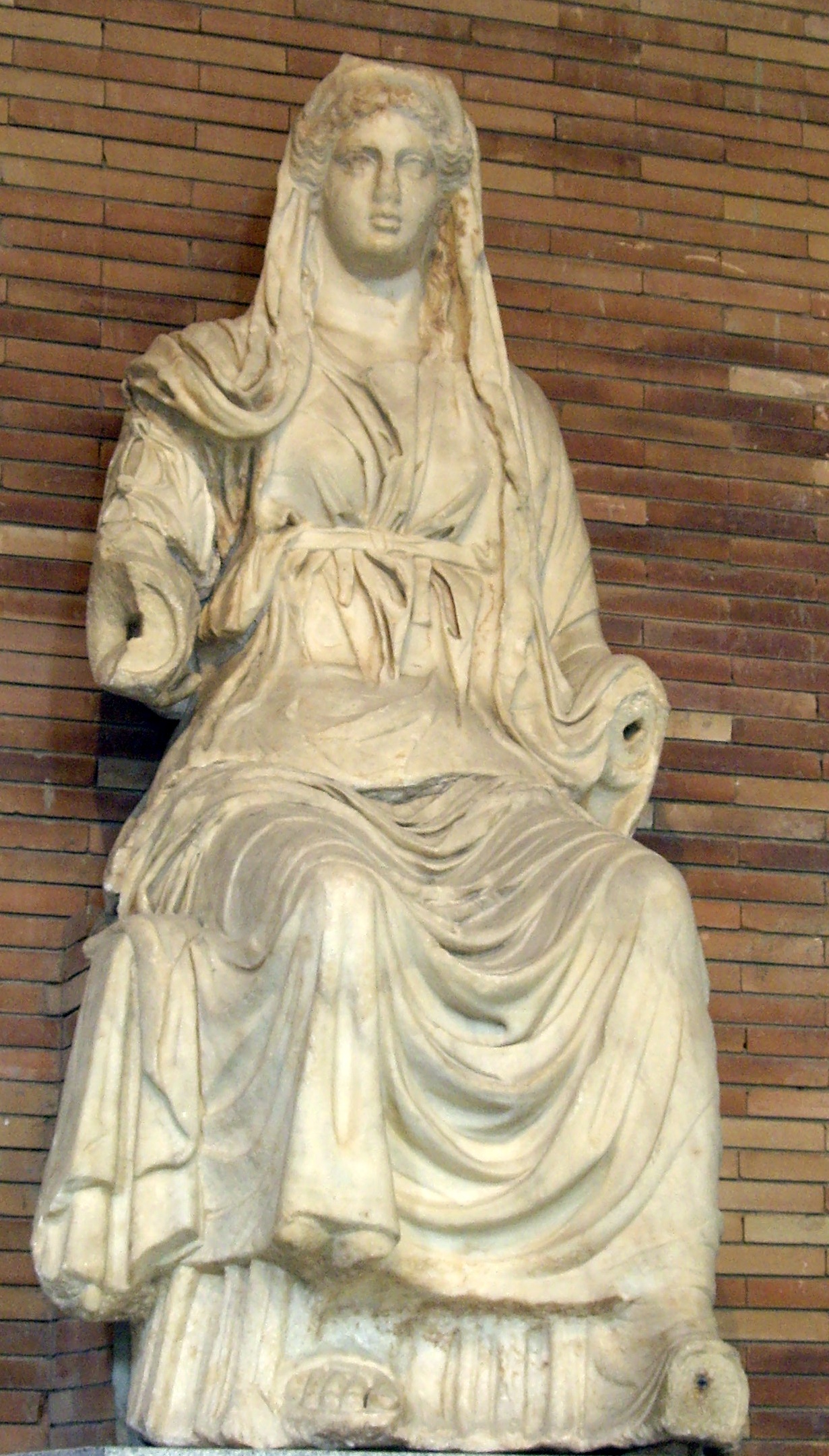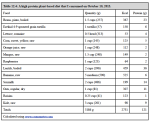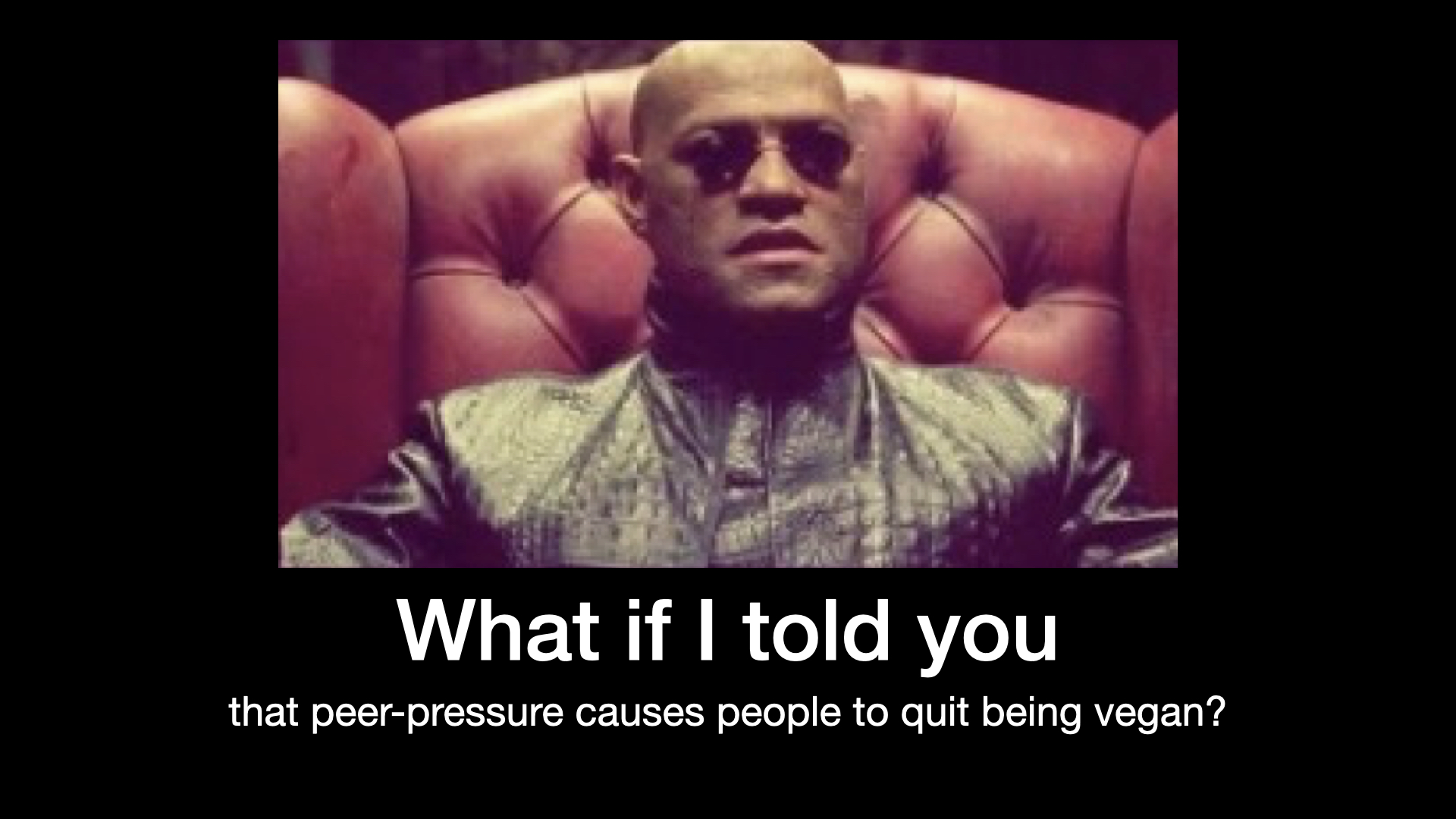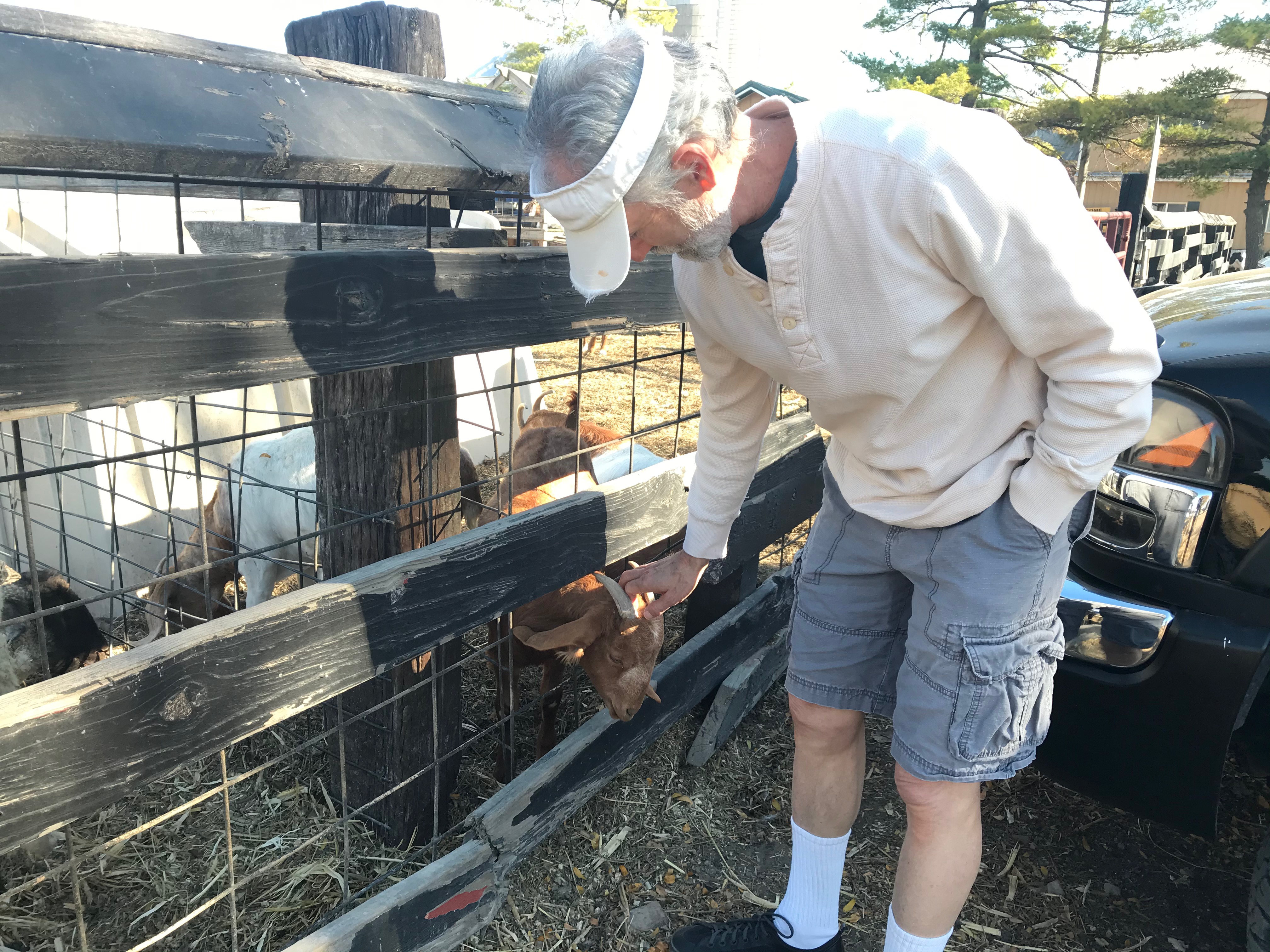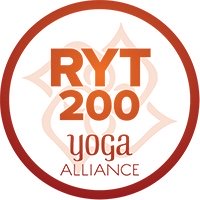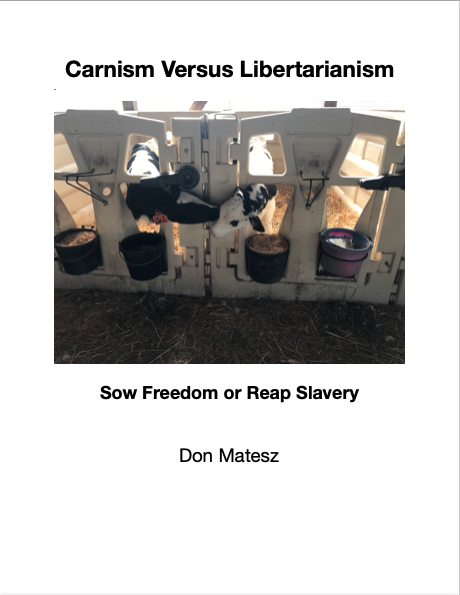Forgive That You May Be Free
"For if you forgive others the wrongs they have done, your heavenly Father will also forgive you; but if you do not forgive others, then the wrongs you have done will not be forgiven by your Father." – Yeshua the Anointed, Mathew 6:14-15.
|
"Pass no judgement, and you will not be judged. For as you judge others, so you will yourselves be judged, and whatever measure you deal out to others will be dealt back to you. Why do you look at the speck of sawdust in your brother's eye, with never a thought for the great plank in your own? Or how can you say to your brother, 'Let me take the speck out of your eye', when all the time there is that plank in your own? You hypocrite! First take the plank out of your own eye, and then you will see clearly to take the speck out of your brother's." – Yeshua the Anointed, Mathew 7:1-5 |
"But seek first the kingdom of God and his righteousness, and all these things will be added to you." – Yeshua the Anointed, Mathew 6:33
From my experience with anger and forgiveness, I am convinced that if – through silence and prayer – you can realize who, if anyone, you resent or hate, and you can directly forgive those against whom you harbor some resentment, anger or hatred, you will gain strength, health and peace of mind. Further, if you forgive, you can align your mind with the mind and virtue (goodness, power) of GOD, and "enter the kingdom of Heaven":
|
"You have learned that they were told, 'Love your neighbor, hate your enemy.' But what I tell you is this: Love your enemies and pray for your persecutors; only so can you be children of your heavenly Father, who makes his sun rise on good and bad alike, and sends the rain on the honest and the dishonest....There must be no limit to your goodness, as your heavenly Father's goodness knows no bounds." – Yeshua the Anointed, Mathew 5:43-48 |
The passages I have quoted above contain profound moral and spiritual truths:
If you don't forgive those who you believe or know to have done wrong to you, you commit 3 sins:
- First, you "judge" others which is to say you resent or hate them for hurting you, which hate/anger puts you in hell, burning with rage;
- Second, you pretend that you yourself have no sin, which is dishonest, therefore not aligned with GOD, who is the Truth and Way; and
- Third, you are playing GOD, wishing to mete out your own "justice" based on your emotions, through your anger-fueled actions, leading to hell on earth (eye for an eye, tooth for a tooth), trying futilely trying to create heaven on earth by using brute physical force to revolt against authority or to control the behavior of (manipulate) others rather than by using moral force to control your own mind and behavior to achieve alignment with the moral law and hence GOD.
On the other hand, if you realize that you yourself have, whether consciously or unconsciously, sinned against (harmed) others, and could not help yourself any more than those who hurt you can help themselves, you see the plank in your own eye (honesty). Consequently, you overcome judgement, resentment or hatred of/anger toward others, and the Father in you will forgive you for your own moral indebtedness due to your sins committed against others; in other words when (and only when) you stop hating others for their sins, you will stop hating yourself. When you no longer hate or have anger against others or yourself, you will be able keep the moral law toward every one – i.e. love good and bad alike. When that occurs, your mind becomes one with the Mind of the Father, GOD, "who makes his sun rise on good and bad alike, and sends the rain on the honest and the dishonest." In other words, you are morally and spiritually "born again" as a son/daughter of GOD and may qualify for entry level positions in the coming kingdom of Heaven.
Note that Yeshua Christ did not teach people to believe in or worship himself, he taught people to uphold the Laws: Love the Lord your GOD (i.e. the Supreme Being or Ultimate Truth) with all your heart and soul, and love your "neighbor" (note the Greek word translated as "neighbor" literally means "one born of same womb") as you love yourself. How do you love your neighbor? By not doing to others what you would not have done to you, i.e. by keeping the Natural Moral Laws: Do not murder, steal, covet, lie, trespass, commit fraud, commit adultery, dishonor parents, fornicate, rape, coerce, etc.
It bears mention here that, contrary to the liberal or so-called "progressive" interpretation of "love your neighbor", loving neighbor or enemy does not mean you never criticize and always approve/condone of any and all behavior of your neighbors or enemies. It also does not mean you allow your enemies to wreak havoc. If you love someone, you want what is best for them. A father who loves his children corrects them when they are doing wrong, and consequently headed for pain, even using force when necessary to prevent them from doing wrong/going astray, because he wants to put them on the path to peace, health and strength. Just so, loving your neighbors or enemies requires you to tell them the truth and try to correct them when they are violating the moral law and headed for or creating hell as a result, and when their violent behavior puts others at risk, it is morally correct to use whatever force required to protect yourself or others from harm. Moreover, loving your neighbor (those of the same womb) requires you to protect them from harm done by your enemies. Finally, the Bible clearly distinguishes between your personal enemies and the enemies of GOD, who are not protected by the Law because they hate the Author of it and His children.
How I was poisoned by anger
For many years I was persistently afflicted with low-level anger, frustration and impatience. When a youth living with my parents, I would get irritated by and impatient with my mother. A few times, in a fit of minor rage, I did something that I regretted, like the time I was so angry after an interaction with my mother that I backed my father's Buick Electra 225 into his other car, wrecking the rear quarter panel.
As an adult I found myself habitually expressing the same irritability and impatience with my first wife (now dead), and then with my present wife Tracy. I also tended to get irritated, angry, impatient or frustrated when I felt tired or overwhelmed, and things did not go as I expected or desired. I had some trouble rolling with the punches offered by life.
I knew this was not right and did not like it. Fundamentally, this type of irritability is a weakness. A strong man is not bothered by small things.
Yet my soul had sore spots. When I was a youth my mother’s words and actions would touch those spots, and when adult, my wife would touch those spots and I would experience the same irritation and impatience I felt when my mother pushed the buttons.
The irritability would also surface when things didn’t go the way I believed I wanted them to go. Sometimes small things would throw me into a tailspin of irritability and self-recrimination (i.e. self-hatred); sometimes I would stew on it. This issue was keeping me in hell and out of the kingdom of Heaven.
I wasn’t in control. In this aspect, my mind was a puppet controlled by external events. I didn’t understand why I could be so easily and quickly irritated by innocuous words and actions, or external events.
The question is, how can you effectually erase these sore spots?
Forgive To Be Forgiven
I had been seeking an effective solution to this anger for many years. I had focused on meditation. I did a lot of meditation; one year I not only did it daily, but also did 12 hour retreats at least once a month. My goal was to be more mindful, so that I could catch the moment when I was triggered, and interrupt the process.
Years of meditation, helped reduce my irritability but not by much.
|
Then in late 2019 I came across Jesse Lee Peterson, the founder of the Brotherhood Organization for a New Destiny (BOND). In his book The Antidote, he tells his own story dealing with anger. For many years he suffered from an angry spirit – much more angry than mine. To make a long and important story short, when Peterson asked God to help him see himself clearly, he immediately saw that he held resentment against his mother for how she had emotionally manipulated him throughout his life. His mother had done her best to get him to worship her and turn against his father. |
Immediately after this, he realized that to free himself of the resentment, he needed to forgive his mother for what he held against her.
Peterson’s message resonated with me. I knew that in my spirit I had some resentment against my mother for the way she interacted with, emotionally manipulated and imposed on me during my childhood and teen years, and it made sense to me that this could be the source of the sore spots that made me irritable.
Peterson suggests that if you have any anger, you can have no control over yourself. I saw that this applied to me; I was prone to being possessed and controlled by anger. I did not stand on a moral high ground and had no right to hold any grudge against my mother since I couldn't help myself, anymore than she could help herself, she could not have done anything different (if she could have, she would have).
Peterson found that after he went to his mother and forgave her, he was released from his anger: forgiven by the Father. After helping many other men and women over many years, Peterson believes that this deliberate forgiveness process is the only way to overcome this anger and the essential practice for anyone who wants to return to GOD the Father by the Way taught by Yeshua the Christ. On his radio show he encourages other men to forgive their mothers, and, if necessary, their fathers. Many listeners call in reporting huge improvements in their mental and spiritual health and general life success after forgiving their mothers.
Although the Stoics, Upanisads and Bhagavad Gita all describe the sage as free of anger, unlike the New Testament, none of these explicitly identify forgiveness as a method for releasing the resentment. Instead they recommend simply keeping in mind that all that happens in one’s life is the will of God. The problem I had was that when events triggered my anger, all possibility of seeing those events as the will of God evaporated! On the contrary, when one is angry at anyone, one is implicitly angry at the One, GOD, and in fact, you are believing that your will, not God's will, should be (or should have been) done!
I decided I had nothing to lose and everything to gain by taking Peterson’s advice. I might be able to heal the sore spots that festered as impatience and irritability in me, and thus heal my own dis-ease, if I would first forgive my mother, for her imperfect parenting.
Peterson recommends that if your parents are still alive when when you realize that you hold any resentment or anger against them, it is best to forgive them directly, in person, at least voice to voice, or at best face to face, not just in your heart.
So I did it.
Forgive for your sake, not for theirs
Peterson warns that you should have no expectations for how your mother or father or anyone else you forgive will respond to this. You will be scared to do it, because you don’t know how they will react. You have to do it without expecting them to “own up” to or repent for their wrong-doing. You are not seeking a confession or repentance from them at all. If you forgive your mother, father or anyone else for how they harmed or neglected you, you do it for yourself, not for them. You are doing it to release your resentment, not to get them to repent.
By the way, forgiving your parents does not conflict with the Biblical commandment to honor your parents. On the contrary, forgiving them will release you from anger towards them so that you can honor or respect them rather than resent them. As your biological source, your parents represent the Source, i.e. GOD. If you don't respect or honor them, you won't be able to connect with GOD.
When confronted with someone forgiving them for mistakes made, many people become defensive. They believe they did the best they could, or did nothing wrong, therefore no forgiveness is due.
To repeat, it doesn’t matter what kind of response you get from the people you forgive. Again, you forgive not to lodge blame, but to release yourself from resenting that person. You are not claiming superiority; it is precisely because you realize that you are also guilty of similar mistakes that you forgive. Get this straight: Resentment toward someone is based on a claim of moral superiority or at least a claim of innocence versus the guilt of the one resented. Forgiveness comes from a recognition that you have no right to resent another when you also have sinned.
I had opportunity to forgive my mother one day when my father was in hospital and she was home alone. Immediately upon forgiving my mother I felt a weight lift from me. It was as if an evil spirit left me. I immediately found I could speak to her more freely than ever, without measuring my words, and felt at peace with myself and her.
My mother responded to my expressing my forgiveness with humility. She and my father had already reflected on how they had raised me and had accepted that they had made mistakes that they regretted. They were grateful that I was releasing any grudge against them.
But as I said, how they react is not important. The important thing is to release the burden of resentment, to set yourself free from the hell of hatred.
When my father was released from hospital, I took the first opportunity to forgive him for what I thought were his mistakes in parenting me. He agreed he had made mistakes and regretted them.
I felt more love for my parents after those conversations than I had felt ever before; and I also felt more independent of them than ever before. It was as if I had finally truly become an adult, truly emotionally independent of them.
Subsequently I found that the little things that previously triggered me into irritability and impatience bothered me less and less as time passed. It didn't drop away completely all at once, but it started to fade. From his experience with this process, Peterson says that once you forgive and therefore are "born again" as a son/daughter of the Father GOD, you start to grow in the Spirit bit by bit, just as a new born baby grows into an adult bit by bit. As Jesse says, "its a growing thing."
More importantly, I noticed a greater independence from my thoughts; instead of being sucked into whirlpool of negative thought processes and the emotions they would previously crank up, I had shifted to noticing the thoughts rise briefly in reaction to event, but without getting sucked into them and the emotions that they entailed.
This new peace of mind seemed to give me more freedom to choose how to react to events. Peterson says this is how you are freed from the spirits and sins of your parents, and born again (i.e. reborn), after which you are realigned with God and saved from making the same mistakes they made.
This reminds me of one of the Golden Sayings (1:XXII) of Epictetus:
|
“If God had made that part of His own nature which He severed from Himself and gave to us, liable to be hindered or constrained either by Himself or any other, He would not have been God, nor would He have been taking care of us as He ought….If you choose, you are free; if you choose, you need blame no man – accuse no man. All things will be at once according to your mind and according to the Mind of God.” |
After forgiving my mother, I found I really started growing in my ability to choose freedom from impatience and irritability, and my tendency to engage in self-recrimination for mistakes began to diminish. I came into a greater acceptance of what is, and believe I finally had a glimpse of what Epictetus meant when he said that when you can freely choose what God has willed, “all things will be at once according to your mind and according to the Mind of God.”
Recent Articles
-
Ancient Roman Soldier Diet
Apr 14, 25 05:19 PM
A discussion of the ancient Roman soldier diet, its staple foods and nutritional value, and a vegan minimalist version. -
High Protein Chocolate Tofu Pudding
Jul 01, 24 12:41 PM
A delicious high protein chocolate tofu pudding. -
Vegan Macrobiotic Diet For Psoriasis
Sep 05, 23 06:36 PM
Vegan macrobiotic diet for psoriasis. My progress healing psoriasis with a vegan macrobiotic diet. -
How Every Disease Develops
Aug 04, 23 06:22 PM
How every disease develops over time, according to macrobiotic medicine. -
Why Do People Quit Being Vegan?
Jun 28, 23 08:04 PM
Why do people quit being vegan? How peer pressure and ego conspire against vegans. -
Powered By Plants
Mar 16, 23 08:01 PM
Powered By Plants is a book in which I have presented a lot of scientific evidence that humans are designed by Nature for a whole foods plant-based diet. -
Carnism Versus Libertarianism
Dec 30, 22 01:55 PM
Carnism Versus Libertarianism is an e-book demonstrating that carnism is in principle incompatible with libertarianism, voluntaryism, and anarchism. -
The Most Dangerous Superstition Book Review
Nov 15, 22 08:46 PM
Review of the book The Most Dangerous Superstition by Larken Rose.
